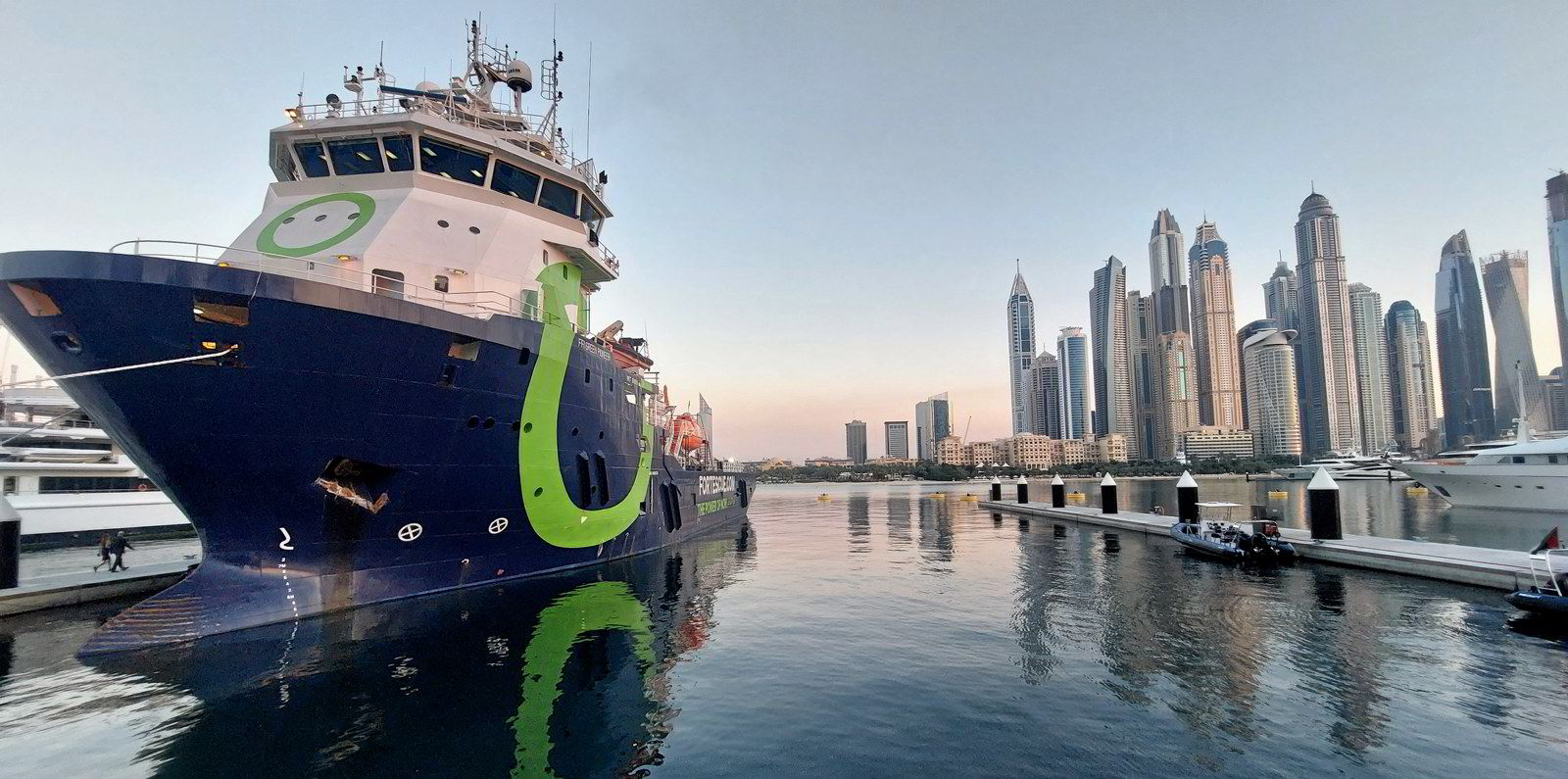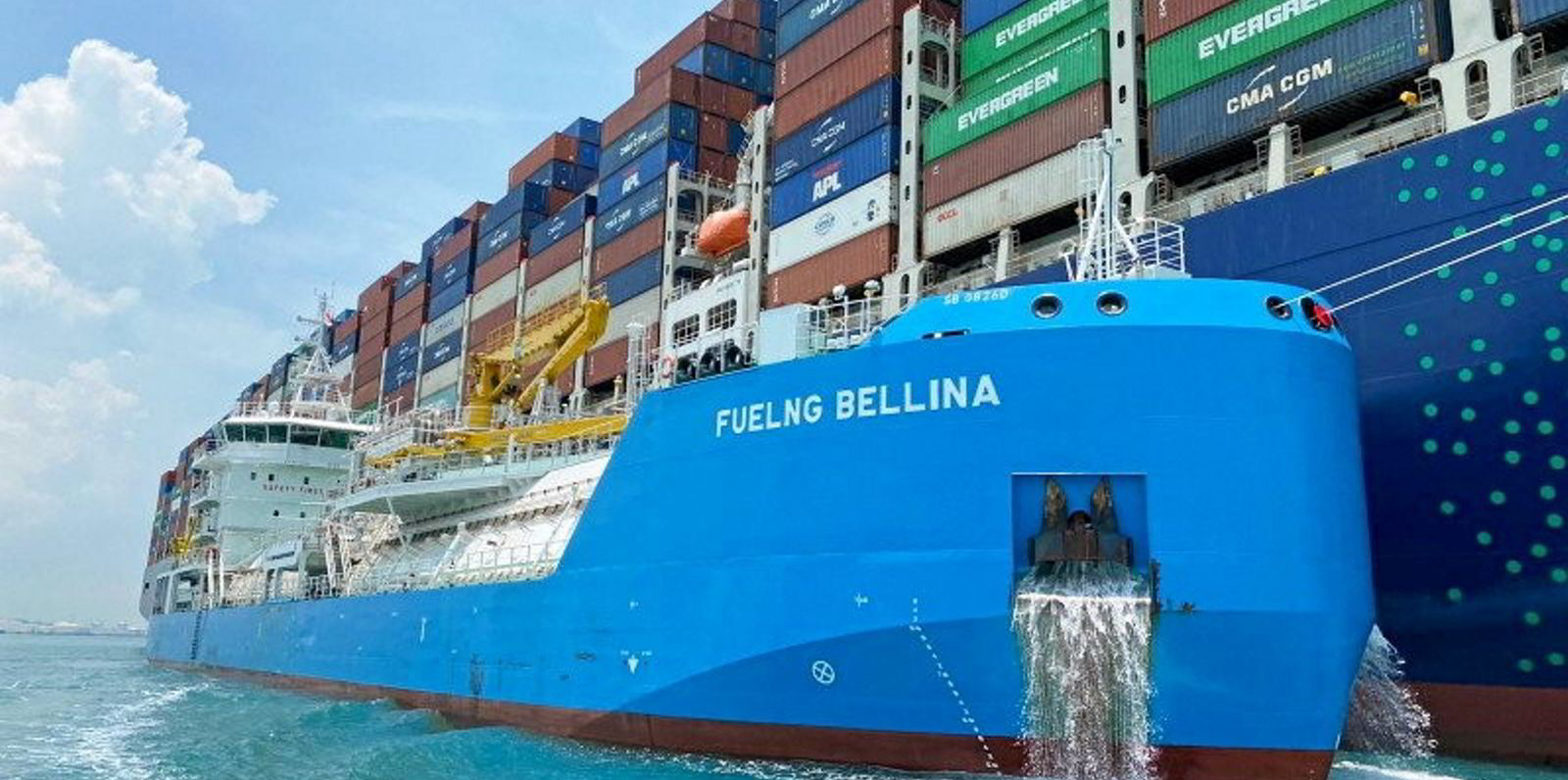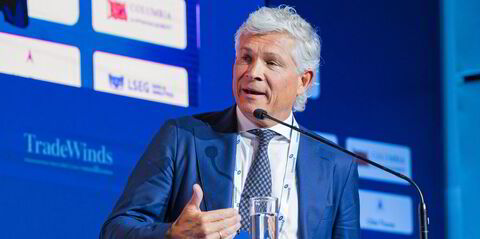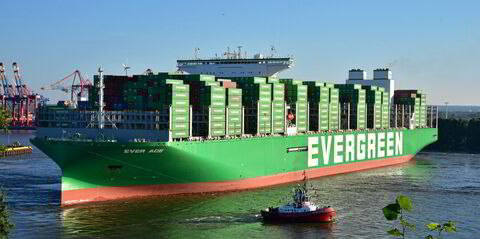Two-thirds of European projects to produce green shipping fuels are at risk because of a lack of investment and uncertainty over future demand, according to a new report.
Green e-fuel projects under development would be enough to supply nearly 4% of European shipping by 2030. But fuel suppliers want more guarantees from buyers before they put more money into them, according to Brussels-based campaign group Transport & Environment (T&E).
T&E warns that the uncertainty means that the vast majority of projects may not be up and running this decade, putting Europe’s climate ambitions at risk. It urges the European Union to set mandatory targets to ensure investment.
“Hydrogen projects are popping up across Europe,” said Inesa Ulichina, shipping officer at T&E. “They have the potential to power hard-to-decarbonise sectors, like shipping, and provide thousands of good jobs.
“But at the moment there just isn’t enough certainty and we risk missing this golden opportunity.”
The group says that there are at least 17 dedicated projects across Europe that are looking to provide hydrogen-based e-fuels for ships. E-fuels are produced using renewable energy sources such as solar and wind power.
Another 44 projects could provide green fuels for ships but the maritime sector would be in competition with other industries.
If all the proposed projects came to fruition they would easily meet the EU’s target of 2% green e-fuels in 2034. But most of them are yet to receive funding and no single shipping-focused scheme is operational.
The e-fuel industry is stuck as suppliers are awaiting a clear sign that shipping will back the green revolution with cash, but shipowners are waiting for the fuels to become more widespread and cheaper before signing long-term contracts.
Spain is leading the way with green fuel production projects aimed at shipping and could become home to one-third of potential fuel supplies. Greece, the continent’s biggest shipping player, has none.
Denmark is aiming to be the green fuel production powerhouse with more than 61 of the projects that cover both shipping and other industries.
More than three-quarters of the 61 plants are looking to make green ammonia but none of the projects have received a final investment decision.
The group says that EU member states should introduce rules to ensure that at least 1.2% of shipping fuels are e-fuels by 2030, which would “provide fuel producers and shipping companies with investment certainty”.
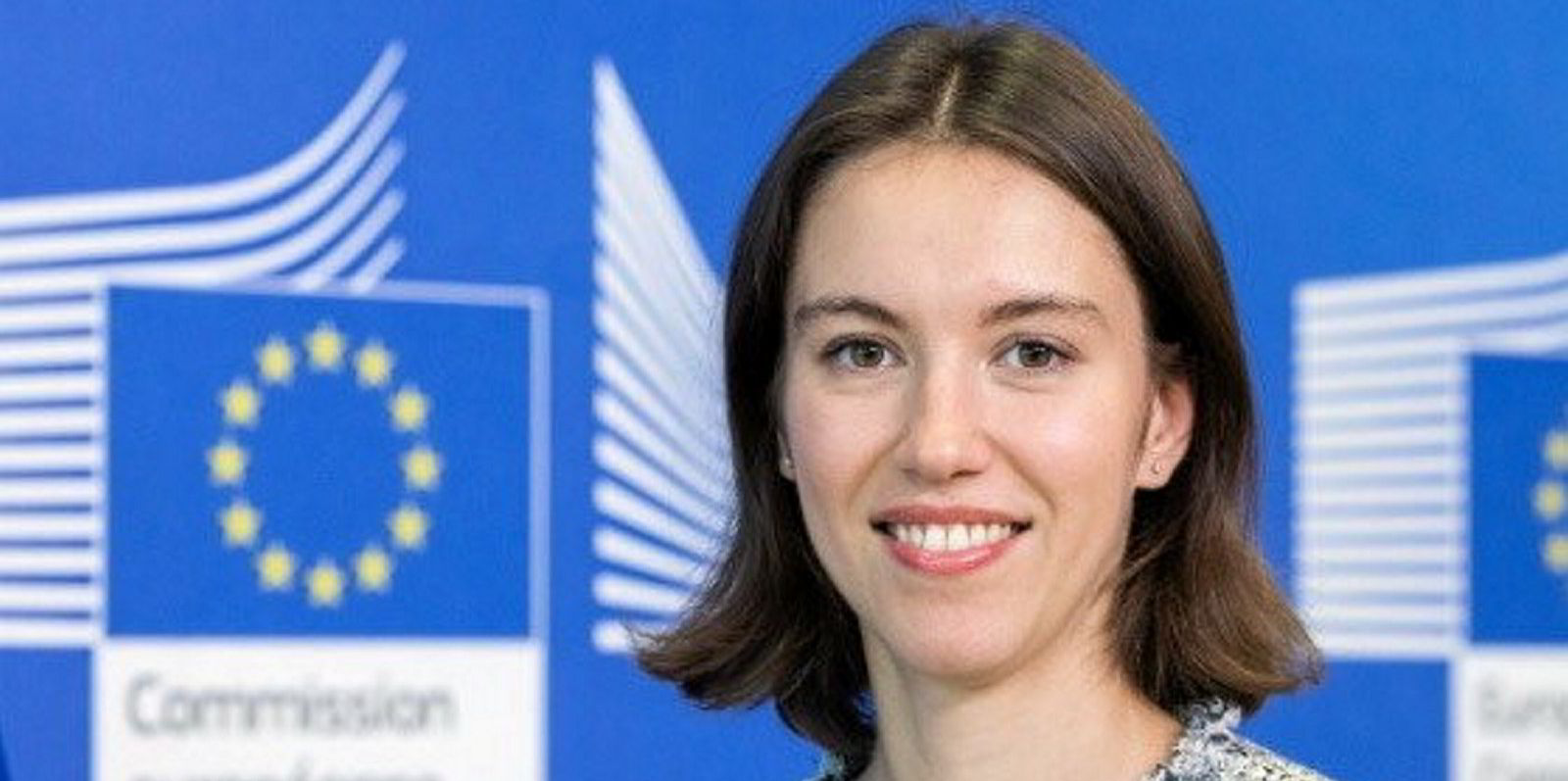
Clarksons Research says 199 ships capable of operating on non-traditional shipping fuels were ordered in the year to May, amounting to just under half of the total orderbook by gross tonnage.
The most popular was for LNG dual usage, representing one-third of total orders, with methanol at 7% and a “trickle” of ammonia orders.
Read more
- TotalEnergies: Up to 40 new LNG bunker vessels needed by 2030
- Green transition, green jobs: Analysis shows meeting carbon goals could employ millions
- Viking Line and Gasum test customer pays model for bio-LNG
- How one methanol ship can make up to 75 fuel oil vessels compliant with FuelEU
- ‘Breaking decarbonisation deadlock starts with small steps,’ Shell’s Karrie Trauth tells Singapore
